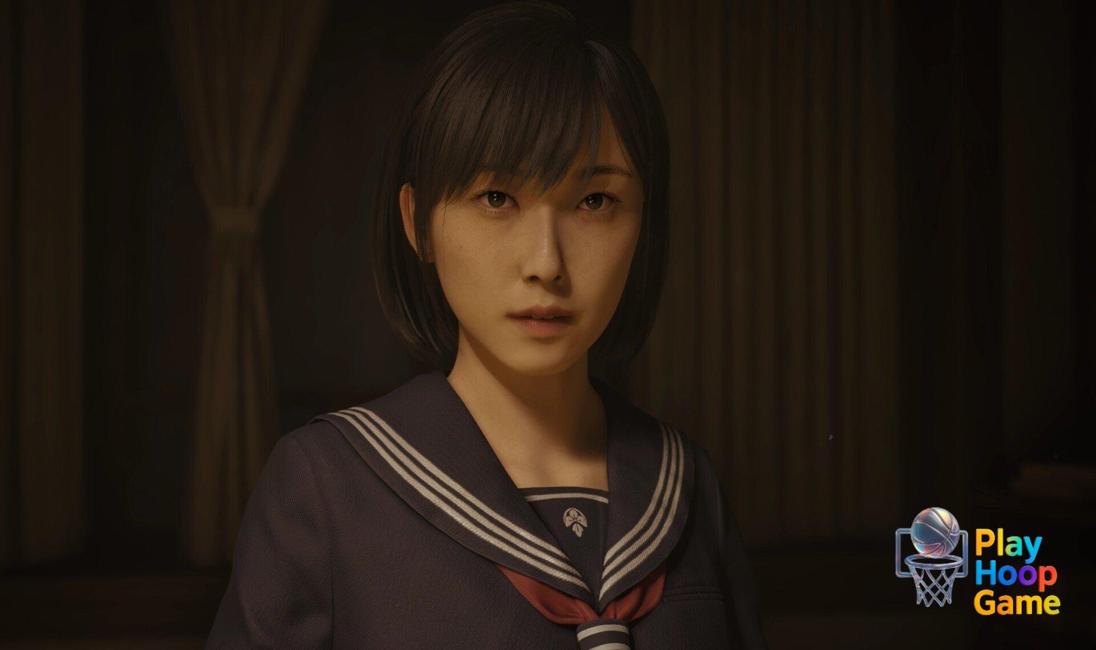Decoding Famitsu Review Scores: Issue 1914 – What Does It All Mean?
Okay, let’s be real. We all love a good video game review. I mean, who doesn't? But Japanese game reviews, especially those from Famitsu, have this mystique, right? Famitsu, for those not in the know, is this long-running, seriously influential Japanese gaming magazine. Their review scores? They can make or break a game in Japan, and increasingly, globally. And Issue 1914? Well, it's a snapshot in time, a window into what Japan was playing and loving (or not loving!) back then.
But here’s the thing – Famitsu's scoring system is…unique. It's not your typical 1-10 scale. It's out of 40, with four reviewers each giving a score out of 10. Simple math, sure, but the weight those scores carry? Immense. A perfect 40/40 is like hitting the jackpot. It doesn't happen often. Think Ocarina of Time rare. Anything above a 30 is generally considered good, but the nuances are what make it interesting. See, the individual reviewers' comments are just as important as the number itself. They offer context, explaining why they gave a particular score. Sometimes, you'll see a game get a decent overall score, but the comments reveal some serious reservations. I've got to admit, this part fascinates me.
And what do these scores even mean to us Western gamers? Well, that's where it gets even more complicated. Japanese tastes can differ wildly from ours. A game that's culturally relevant in Japan might completely bomb in the West, and vice versa. Take, for example, visual novels. Hugely popular in Japan. More of a niche thing here. So, you can't just look at a Famitsu score and assume it's a guaranteed hit everywhere. You've got to dig deeper, understand the cultural context, and read those individual reviewer opinions.
The Weight of a Number: Are Famitsu Scores Still Relevant?
That’s the million-dollar question, isn’t it? In the age of Metacritic and user reviews and Twitch streams, does a decades-old Japanese magazine still hold sway? The answer, as with most things, is a qualified yes. Famitsu still has serious credibility, especially in Japan. Their reviews can definitely influence purchasing decisions there. But globally? It's more about providing another data point, another perspective to consider. I initially thought Famitsu scores were becoming irrelevant, but after looking deeper, I've changed my mind. They are a cultural thing. They're like a window into the Japanese gaming scene.
Think about it this way: Famitsu reviewers are, presumably, deeply entrenched in Japanese gaming culture. They understand the tropes, the expectations, the nuances that Western reviewers might miss. So, their insights can be invaluable, even if you don't agree with the final score. But there is always the odd game that is over or under scored. Famitsu has even had its own share of scandals. Take for example how back in 2012 they gave the game Black Rock Shooter a solid 8/8/8/8, but critics outside of Japan thought the game was at best “ok” and more like a 6/10. You might be wondering how does that happen? Well, maybe their scoring system isn't 100% objective, who knows? Actually, that's not quite right. No review system is 100% objective. It's always going to be influenced by personal tastes, cultural biases, and even just mood on the day. That’s just human nature. The wikipedia page on Famitsu offers some great insights.
And what about the games that get a perfect score? The Hall of Fame inductees? Well, those are definitely worth paying attention to. It's a rare achievement, and it usually indicates a game that's doing something truly special, whether it's pushing technical boundaries, telling a compelling story, or just offering an incredibly addictive gameplay experience. The Legend of Zelda: Wind Waker - now that’s a game that deserves all the accolades.
Beyond the Numbers: Understanding the Famitsu Mindset
Let me try to explain this more clearly… it's not just about the scores. It's about understanding the Japanese gaming mindset. What do Japanese gamers value? What are their expectations? What kind of games resonate with them? By paying attention to Famitsu reviews, you can gain valuable insights into these questions. It's like getting a peek behind the curtain, seeing what makes the Japanese gaming scene tick.
For example, Japanese gamers tend to prioritize gameplay over graphics. A game with simple visuals but incredibly deep and engaging mechanics will often score higher than a visually stunning game with shallow gameplay. They also tend to appreciate originality and innovation. Games that take risks and try new things are often rewarded, even if they're not perfectly polished. And they definitely appreciate games that are culturally relevant, that tap into Japanese folklore, history, or anime. So, keep this in mind.
But it’s important to note, tastes always change. Think about trends. I remember when everyone thought the Nintendo Wii was the end all and be all. Motion controls were gonna take over! Now? Well, here we are. I keep coming back to this point because it's crucial to be subjective about these things. Also, discounts on games are never a bad thing.
FAQ: Unpacking the Famitsu Enigma
What's the highest score a game can get in Famitsu?
Okay, so the highest possible score is 40/40. It's like the Holy Grail of Famitsu reviews. To achieve this, all four reviewers need to award the game a perfect 10. When a game hits that sweet spot, it's a pretty big deal in the Japanese gaming world (and beyond). It signifies that the game has not only met but exceeded expectations across the board. I wouldn't take it as gospel that the game is great, but is a good sign!
How important are Famitsu Famitsu Review Scores: Issue 1914 scores to game developers?
Hugely important, especially for developers targeting the Japanese market. A good Famitsu score can significantly boost sales and visibility in Japan. It's seen as a mark of quality and can influence consumer decisions. For smaller indie developers, a positive review can be a game-changer, helping them reach a wider audience. I remember when a little known game developer got a great Famitsu score, they had to bring on extra staff because the demand was so high!
Are Famitsu reviews biased towards Japanese games?
That's a tricky one. There's definitely a perception that Famitsu might be more lenient towards Japanese-developed games, and there may be some truth to that, considering the magazine's focus and cultural context. However, they also review and score Western games, and some have received high marks. It's probably more accurate to say they have a deeper understanding and appreciation for certain aspects of Japanese game design and culture, which might influence their perspective.
Can I rely solely on Famitsu scores when deciding what games to buy?
Absolutely not! While Famitsu scores are a valuable data point, they shouldn't be the only factor in your decision-making process. Different people have different tastes, so I strongly advise you to read other reviews, watch gameplay videos, and consider your own preferences. Plus, as mentioned earlier, cultural differences can play a role. A game that's a huge hit in Japan might not appeal to you. Consider all the info, then make a decision.

























